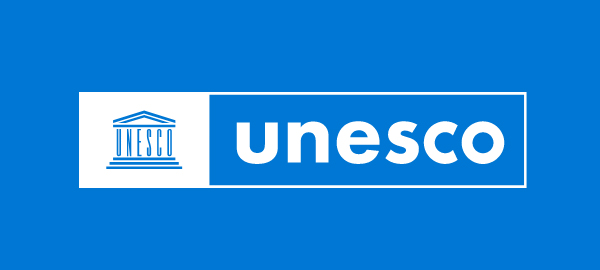Epic Games is launching new tools for Fortnite creators that enable them to build AI-powered non-player characters (NPCs), following the debut of an AI-generated Darth Vader that players can talk to in-game.
The feature, which reproduces the iconic voice of James Earl Jones using AI, marks a significant step in interactive gaming—but also comes with its share of challenges and controversy.
According to The Verge, Epic encountered several difficulties in fine-tuning Vader’s voice and responses to feel authentic and fit smoothly into gameplay. ‘The culmination of a very intense effort for a character everybody understands,’ said Saxs Persson, executive vice president of the Fortnite ecosystem.
However, the rollout wasn’t entirely smooth. In a live-streamed session, popular Fortnite creator Loserfruit prompted Vader to swear, exposing the system’s content filtering flaws. Epic responded quickly with patches and has since implemented multiple layers of safety checks.
‘We do our best job on day one,’ said Persson, ‘but more importantly, we’re ready to surround the problem and have fixes in place as fast as possible.’
Now, Fortnite creators will have access to the same suite of AI tools and safety systems used to develop Vader. They can control voice tone, dialogue, and NPC behaviour while relying on Epic’s safeguards to avoid inappropriate interactions.
The feature launch comes at a sensitive moment, as actor union SAG-AFTRA has filed a complaint against Epic Games over using AI to recreate Vader’s voice.
The union claims that Llama Productions, an Epic subsidiary, employed the technology without consulting or bargaining with the union, replacing the work of human voice actors.
‘We must protect our right to bargain terms and conditions around uses of voice that replace the work of our members,’ SAG-AFTRA said, emphasising its support for actors and estates in managing the use of digital replicas.
As Epic expands its AI capabilities in gaming, it faces both the technical challenges of responsible deployment and the growing debate around AI’s impact on creative professions.
Would you like to learn more about AI, tech and digital diplomacy? If so, ask our Diplo chatbot!































